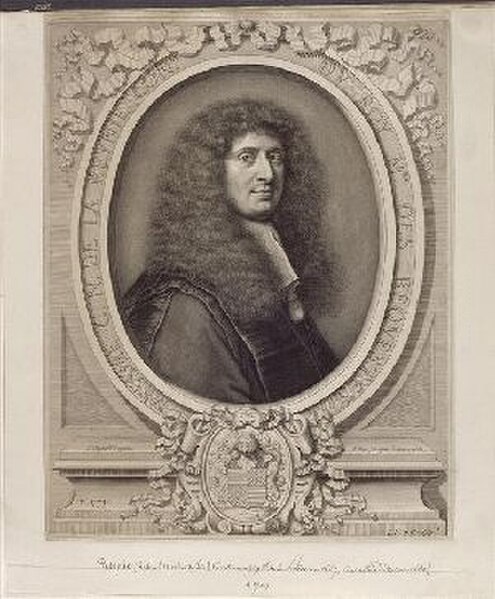In English legal history, a thief-taker was a private individual hired to capture criminals. The widespread establishment of professional police in England did not occur until the 19th century. With the rising crime rate and newspapers to bring this to the attention of the public, thief-takers arose to partially fill the void in bringing criminals to justice. These were private individuals much like bounty hunters. However, thief-takers were usually hired by crime victims, while bounty hunters were paid by bail bondsmen to catch fugitives who skipped their court appearances and hence forfeited their bail. Both types also collected bounties offered by the authorities.

An original gallows ticket for viewing the hanging of one of the most notorious thief-takers Jonathan Wild with his "Thief-Taker General" emblem design on the top was executed for operating on both sides of the law. Thief taking was a common law enforcement occupation beginning in the 17th century and existed until the mid-19th century when it was replaced by professional modern police forces.
A highwayman, from an old print.
The Old Bailey in the Gordon Riots, 1780
£20 reward offered for information in Kidderminster house burglary, 1816.
The police are a constituted body of persons empowered by a state, with the aim to enforce the law, protect public order, and the public itself. This commonly includes ensuring the safety, health, and possessions of citizens, and to prevent crime and civil disorder. Their lawful powers encompass arrest and the use of force legitimized by the state via the monopoly on violence. The term is most commonly associated with the police forces of a sovereign state that are authorized to exercise the police power of that state within a defined legal or territorial area of responsibility. Police forces are often defined as being separate from the military and other organizations involved in the defense of the state against foreign aggressors; however, gendarmerie are military units charged with civil policing. Police forces are usually public sector services, funded through taxes.

German State Police officer in Hamburg, with the rank of Polizeihauptmeister mit Zulage ("police chief master with upgraded pay")
The Santas Hermandades of medieval Spain were formed to protect pilgrims on the Camino de Santiago.
Gabriel Nicolas de la Reynie, founder of the Prefecture of Police, the first uniformed police force in the world
Patrick Colquhoun, founder of the Thames River Police








